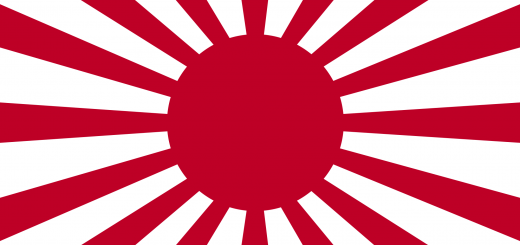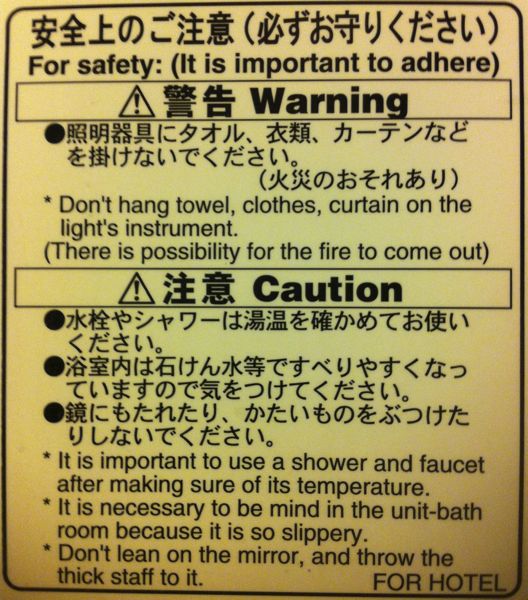Catch 22-Language Style
Catch-22 (n.)
- a. A situation in which a desired outcome or solution is impossible to attain because of a set of inherently illogical rules or conditions.
b. The rules or conditions that create such a situation. - A situation or predicament characterized by absurdity or senselessness.
- A contradictory or self-defeating course of action.
Soon upon arriving here in Japan (some 2 decades ago), I was told by a colleague that I shouldn’t study Japanese. Her reason being that if I didn’t speak the language, then the English teachers at the school could improve their English by talking to me. At the moment, it sounded reasonable enough, although I didn’t see how overcoming my ignorance of their language would adversely effect their ability to speak to me in mine. Anyway, one day led to the next and before I realized it I was going days and even sometimes a whole week without having a conversation with an adult. (Of course I was speaking to the kids I taught.) Their apparent rationale: I didn’t speak their language and they either lacked the confidence or the will to speak mine.
It was a catch 22. Perhaps they were expecting me to occasionally assault them with my language to force them into a parley. I really have no clue, but it’s a personality trait of mine that if someone doesn’t appear to want to talk to me, I won’t force myself upon them. Hell, I thought it was good manners.
I bring this up now, almost 20 years later, because of something another colleague of mine recently said. He was relating to me the story of how as a young student, he was very interested in English. When he finally came to the age where he would be taught by a native English speaker and was nervously awaiting the first words of this person from another land, the guy turned to him and said (in Japanese), “Ano ne…” Oh the shock!! The extreme anticlimax, the chagrin, the tragedy of it all!! My fellow teacher went on to say, that in front of students, I should only speak English to him, because apparently that’s what is expected of us foreigners. We are not imagined to be able to speak Japanese. We are, after all, foreigners and by definition white skinned, blue eyed, English speakers.
Okay, so maybe I’m blowing his expectations out of proportion, but this is not the first time I have been made to feel that way. So I ask you, my invisible audience, do you expect your foreign language teacher to speak only the language they are teaching (as in they can’t speak English at all) or does it even matter? From whence comes this off the wall expectation that we should not be fluent in the language of the country in which we live, simply because we teach another?
I am often reminded of this cultural peculiarity of Japan. (Such as when my wife blames her declining English skills on me speaking Japanese too fluently.) Japanese English language teachers in this country almost NEVER make the effort to converse in the language that they have decided is important enough to dedicate their lives to teaching the younger generations. The few that make efforts soon give up due to the busy pace of life and the simple lack of confidence that has been instilled in them over the years. (That’s another story.) But it is MY fault, because I happen to speak Japanese. I should have remained the ignorant lonely foreigner, sitting in an office of over 30 people speaking to no one, understanding nothing and content in knowing that I was helping my fellow language teachers.




